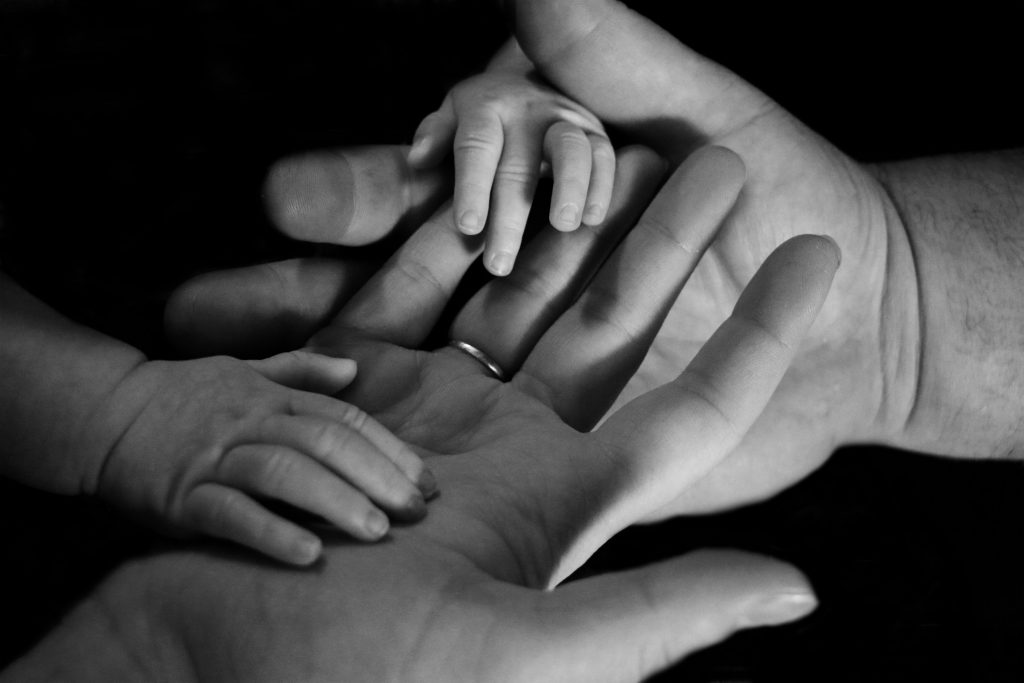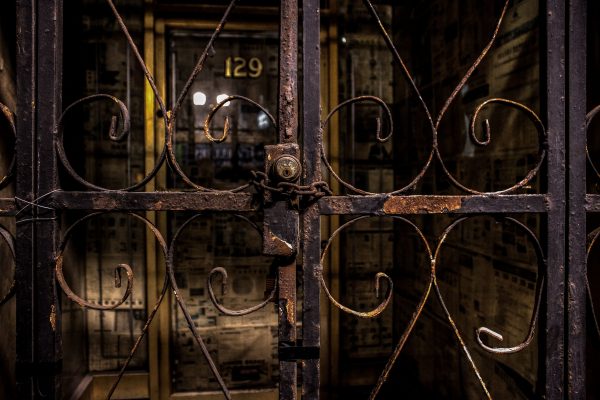What memories do you have of your father’s hands? Are they pleasant ones, unpleasant, both? What are dominant? Firm direction, correction? Tender comfort? A slap on the back or a high-five? Help in a task? A lift from the ground? Instructing in tying your shoes? Fixing the car? Turning book pages? Folded when they should be taking direct action?
In Greek mythology, the hand of Zeus hurled down thunderbolts. Some when they picture their father’s hand think of abuse. How you think of your father may be imaged in how you think of his hands. All these uses of hands have parallels in Scripture with God’s engagement in our lives.
Hebrews 12
Hebrews 12 speaks of the chastening of God. Though His hand is not mentioned, the description is of a father’s administering physical correction to his son, purposefully and wisely. The passage tells us that God physically corrects, but we understand the author intends not only the physical type, though that is among His options.
There are many ways God deals with us through disappointment and deprivation. But they are not necessarily the result of our sin. We can stumble from negligence rather than willful disobedience. We can feel God’s chastening hand for reasons having nothing to do with our sin at all other than that God is forming us toward what He has in mind for us to become.
Scripture tells us God’s motive in His correction of us and what our response should be. Knowing why God sends us unhappiness should help us react in the right way.
Everything turns on our understanding of the difference between judgment and chastening. Chastening is a family thing. Judgment is for those outside the family. Chastening has a constructive purpose. Its motive is love. Its expected response is reverence and acceptance. It has positive results.
Ye have forgotten the exhortation which speaketh unto you as unto children, My son, despise not the chastening of the Lord, nor faint when thou art rebuked of him. For whom the Lord loveth he chasteneth and scourgeth every son whom he receiveth. If ye endure chastening, God dealeth with you as with sons; for what son is he whom the father chasteneth not? . . . We have had fathers of the flesh which corrected us, and we gave them reverence; shall we not much rather be in subjection unto the Father of spirits and live? For they for a few days chastened us after their own pleasure, but he for our profit, that we might be partakers of his holiness (Hebrews 12:5-10).
He deals with us in painful ways so that we can be like Him. In a way, that’s what good parents do also. They are engaged in life building but especially in character building. They mean for their child to follow good ways like their own.
The result of God’s chastening (like the pruning of the vine in John 15) is to that end.
Now no chastening for the present seemeth to be joyous, but grievous. Nevertheless afterward it yieldeth the peaceable fruit of righteousness unto them which are exercised thereby (Hebrews 12:11).
Christian friends and congregation members have a responsibility toward those who are discouraged by their chastening by God, hobbling along, tempted to give up.
Wherefore lift up the hands which hang down, and the feeble knees. And make straight paths for your feet lest that which is lame [has been lamed] be turned out of the way [lit. put out of joint], but let it rather be healed (Hebrews 12:12).
How you view the chastening hand of God has a great deal to do with your pace and progress in the Christian life.
This passage in Hebrews speaks to me of the loving hand of God. His hand of chastening sums up a great deal He means me to know of His character and ways and of His interest in me.
Revelation 1
It was another portion of Scripture at the beginning of Revelation that got me thinking in this vein. By the way, when you do your Bible reading for the day in a particular place, are other passages also coming to mind? Are your thoughts branching fruitfully?
Revelation opens with a dauntingly severe picture of our Lord. Here we are about to see Him in His role of the world’s judge. His main business is judgment, though for the seven churches it will be mingled with chastening. It is a fearsome sight.
I saw seven golden candlesticks, and in the midst of the seven candlesticks one like unto the Son of man, clothed with a garment down to the foot, and girt about the paps with a golden girdle. His head and his hairs were white like wool, as white as snow; and his eyes were as a flame of fire. . . . And he had in his right hand seven stars. . . . And when I saw him I fell at his feet as dead. (Revelation 1:12-17).
The seven stars we will learn are God’s messengers to the seven churches of Asia Minor, imaged in the seven candlesticks (or lamps) in the candlestick (or lamp stand), the Golden Menorah of the Jewish tabernacle and temple. When John saw the One in the midst of the lamps, he “fell at his feet as if dead.”
The account continues in the rest of verse 17:
And he laid his right hand upon me, saying unto me, Fear not; I am the first and the last. I am he that liveth and was dead; and behold I am alive for evermore.
The hand that held the seven stars rested on John’s shoulder. How often might it have rested during those many years before on the shoulders of John and his brother James, those impulsive, unruly, but deeply loyal Sons of Thunder? (Mark 3:17). Has that hand rested on your shoulder? Is it resting there now?








